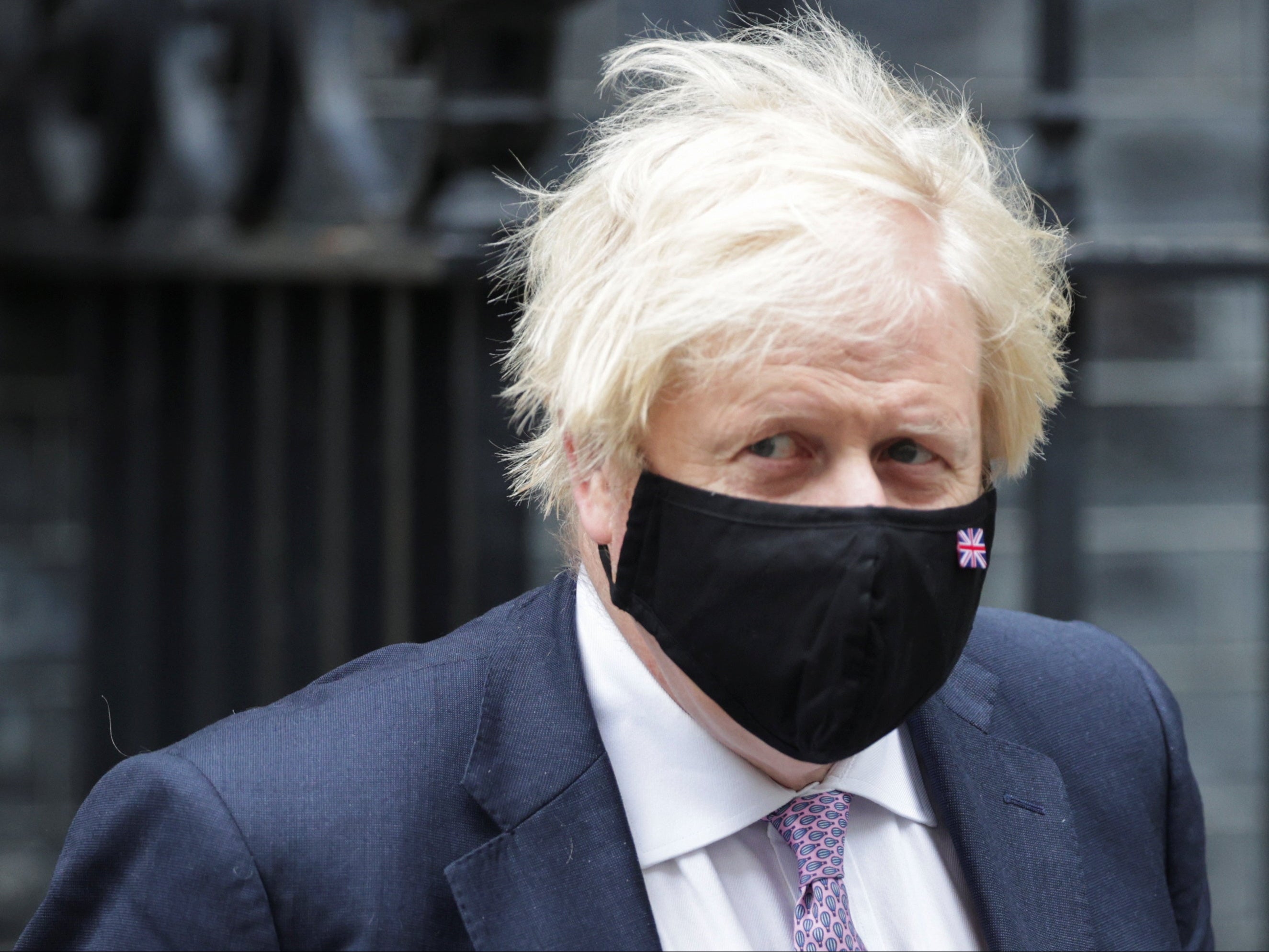Why changing the Human Rights Act would be a huge risk for Boris Johnson
Redress over human rights in Britain would be made even more difficult if the government presses ahead with its proposals to weaken judicial review, writes Sean O’Grady

To coin a phrase, the Human Rights Act 1998, which the government is now reviewing, was passed to “bring human rights home”. Home, that is, in the sense that Britain, fresh from its struggle against Nazism, was one of the prime movers behind the European Convention of Human Rights as it was framed in 1950, and in the establishment of the European Court of Human Rights in Strasbourg. Despite the name, it has nothing to do with the European Union (though the EU has its own Treaty commitments to human rights).
Before the 1998 legislation, anyone who sought redress for infringement of their human rights had to take their case direct to Strasbourg – the British courts were not previously open to them, and so the process became a little less forbidding and more accessible. Critics derided what they saw as frivolous claims “yuman rights” cases and the lawyers who were (actually or perceived) to make money out of them, not least, it was said, Cherie Booth, the wife of the then prime minister. Claims against, for example, British forces, immigration officials and prison authorities were usually the more controversial.
These have irritated successive home secretaries (especially Conservative ones), but only now has a government set in train a review of the Human Rights Act. This now threatens to weaken and confuse the UK’s own position on defending human rights. The report by the Lords and Commons Joint Committee on Human Rights, chaired by Harriet Harman, is the latest to raise concerns about what may emerge from the review. The shadow justice secretary, David Lammy, is also speaking up.
Subscribe to Independent Premium to bookmark this article
Want to bookmark your favourite articles and stories to read or reference later? Start your Independent Premium subscription today.
Join our commenting forum
Join thought-provoking conversations, follow other Independent readers and see their replies